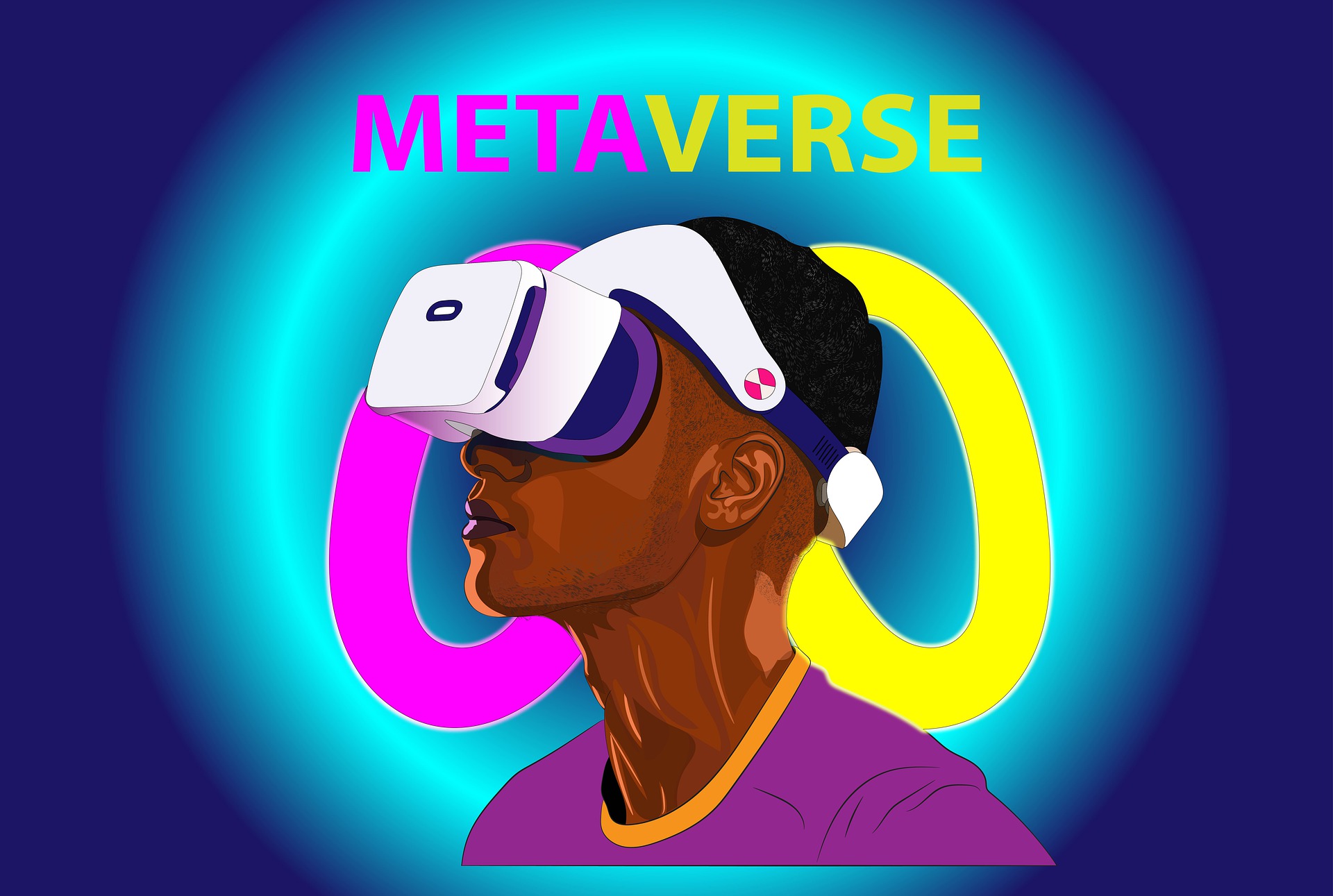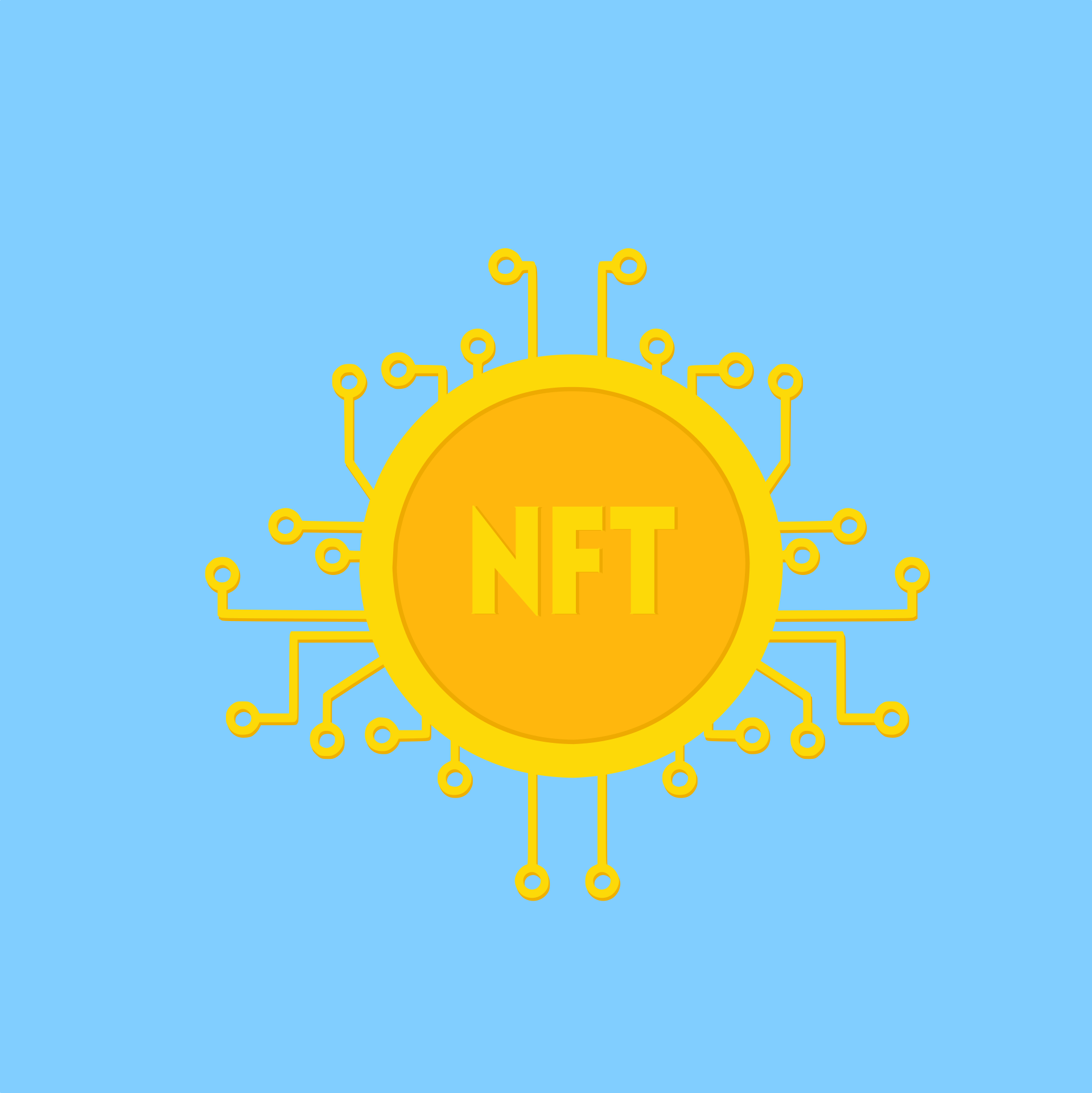
Brands in the fashion, food and beverage industries were those who experimented the potential of NFT Marketing: shortly after the first deployment of NFTs, towards the end of 2019, they had coined their NFTs, decided on their objectives and developed a strategy.
Among the first to embrace and use this innovative form of marketing are brands of a standing like that of Gucci, Adidas, Coca Cola, McDonald’s, Ray-Ban and Mattel, just to name a few.
Thanks to NFT Marketing plans, these companies have undertaken important initiatives carried out for different purposes, all of which characterized by the great results achieved in terms of profit and branding, proving the value that NFT Marketing strategies are able to bring to brands.
NFTs represent a growing trend as early as 2021, as the Google Trends chart below shows. What are the main reasons behind this steady growth?



